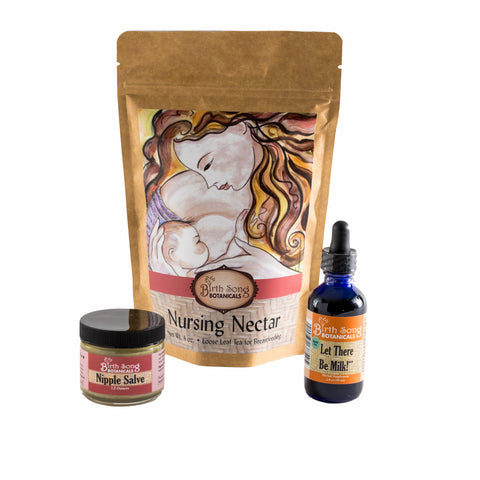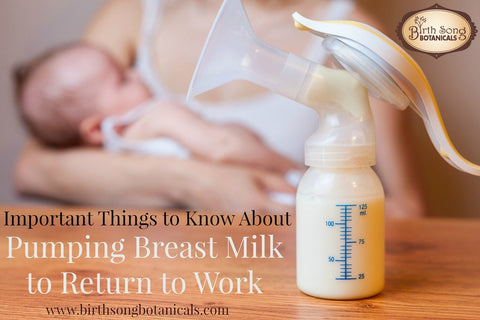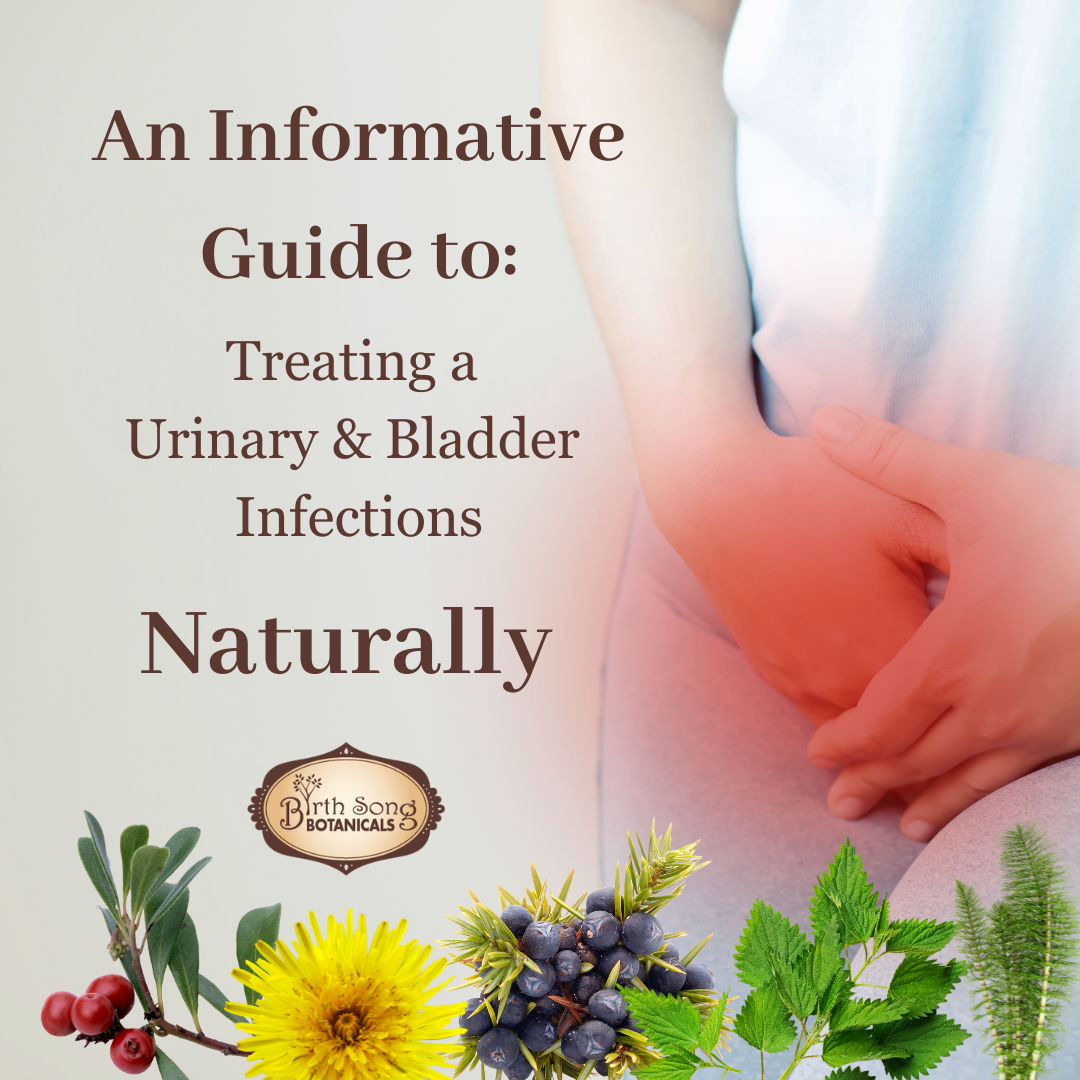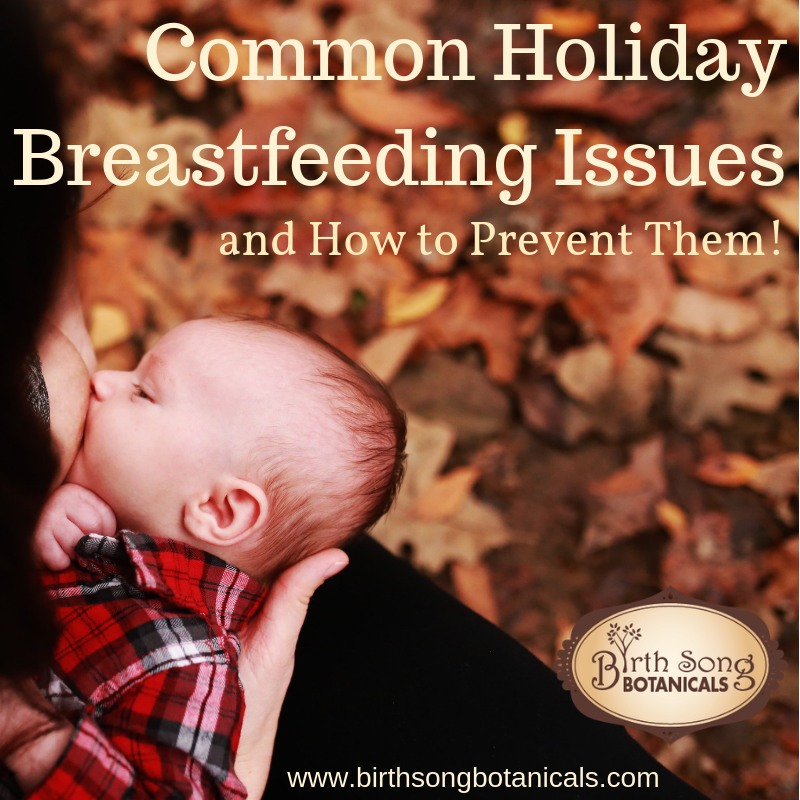Four Common Breastfeeding Problems and Solutions

Breastfeeding doesn’t always go as smoothly as we hope. Here are 4 common breastfeeding roadblocks that may unexpectedly come up and affect your breastfeeding experience negatively. But don’t lose hope, momma, you and your nursling can work around most things and still have a wonderful breastfeeding experience. There are solutions to most breastfeeding difficulties, and we are here to help you find them.
1. Lack of Confidence
Your body is amazing and can do amazing things. More than likely, except in rare cases, you are capable of breastfeeding your baby. Did you know that even if you adopt a baby and have never been pregnant you can breastfeed? Or that if you haven’t nursed your baby for a while, but want to again, you can?
However, it is amazing to me how often I hear women say that they didn’t make enough milk to feed their baby. In almost every case, when I start asking that momma some questions, it turns out that she followed the advice of someone who wasn’t educated about breastfeeding, or she wasn’t familiar with normal newborn breastfeeding behavior and thought there was something wrong when there wasn’t.
I know it’s easy to get frustrated and overwhelmed as a new breastfeeding mother. You are exhausted, you are healing from giving birth, and breastfeeding may not be the sweet and easy bonding experience you were hoping for. But take a moment to breathe, close your eyes, and think about all the mothers all over the world who have breastfed before you. You CAN do this. This is what your breasts were made for. Seek out experienced breastfeeding experts, such as La Leche League (who is staffed by educated volunteers and offers free help), or a certified lactation consultant, if you need help. Finding someone to help who is educated about breastfeeding, and has hands-on experience helping breastfeeding moms is key. Find someone who will take the time to sit with you as you try to figure out a tricky latch, for example. You deserve the time and attention.
2. Physical Factors
Despite what pop-culture would have us think, the size of your breasts does not have anything to do with how much milk you will be able to produce. So no need to worry about that!
However, there are some physical things that can make breastfeeding more challenging. Nipple size and shape can be a factor, and inverted nipples can be particularly challenging, but you can still successfully breastfeed with inverted nipples. The first couple of weeks of breastfeeding, especially if you are having latch issues, can lead to tender, sore, even sometimes cracked and bleeding nipples. Nipple salve can help to ease the discomfort and make it easier to work through those tough spots.
If you have had a breast augmentation, you should be able to breastfeed with little to no issues. Just make sure you talk to your care provider before you give birth to talk through any potential issues.
If you have had a breast reduction, this could impact your ability to breastfeed your baby. A breast reduction involves the removal of breast tissue, including milk ducts and glands, so you may not be able to breastfeed exclusively. Herbal Breastfeeding Supplements can help to maximize the amount of milk that you can produce. You can also consider using an at breast supplementer to feed your baby donated breastmilk or formula, while still getting many of the benefits of breastfeeding. Work closely with a breastfeeding expert if you want to breastfeed and you have had a breast reduction so that you can ensure your baby is thriving and growing as she should be.
There are some less common physical factors that can affect breastfeeding. If you have had a mastectomy on one side, you can still breastfeed on your remaining breast. Breastfeeding is a supply and demand cycle, so your breast will respond to how much milk your baby needs. There are also rare cases where imbalances in hormones impact a mother’s ability to produce enough milk.
3. Returning to Work
Since most women in the United States do not get paid maternity leave, many mommas have to return to work relatively soon after giving birth. Since it takes many weeks, if not a few months, to establish a rhythm with your milk supply, returning to work early can be very challenging.
In an ideal situation, every new momma would have at least 30 days of essential bedrest where she could snuggle and breastfeed and eat nutritious food. However, that is not the reality for the vast majority of us. Many mothers have to return to work and use a breast pump throughout the week. This can work, though, and you can still continue to breastfeed your baby in the evenings and on the weekends. In most cases, your employer is required to provide you time and space to pump. Some employers don’t know this or don’t know what this means. You may need to have a conversation before you return to work about what accommodations you will need.
Returning to work does not mean that you have to stop breastfeeding. You can work and breastfeed if you want to, you will just need to plan and prepare. Of course, if working means that you cannot exclusively breastfeed, that is okay too. Every bit of breastmilk your baby receives from you is good.
4. Emotions
How you feel about breastfeeding is very important, and can be a complex thing. For example, if you have never been around other women breastfeeding, and have only experienced your breasts as sexual, breastfeeding may be an emotionally confusing experience. Or if you have experienced sexual abuse in the past, breastfeeding can trigger these past experiences, bringing up unpleasant and uncomfortable feelings. These kinds of emotional responses to breastfeeding can be very normal. Talk to your care provider about your experiences and feelings. They may have suggestions to help you reach your breastfeeding goals.
You also may be dealing with people in your life who are not supportive of your breastfeeding choices or they may have outdated ideas about breastfeeding that are different than yours. This can be very challenging also. Open, honest, and heartfelt communication can do a lot to bridge these gaps. If you have trouble communicating what you want, share printed information, or other reading material.
Roadblocks can come up when you are breastfeeding, but very few of them are insurmountable. You have many resources and groups to reach out to for the support and guidance you may need. When you are faced with a challenge in your breastfeeding journey, remember why you made the choice to breastfeed and let your love and milk flow!
I sincerely hope these tips support your breastfeeding success!
Hug your sweet baby, and remember to let your love and your milk flow!
Maria
🌿
🌿Want More?!? Check These Out! 🌿
Breastfeeding Immediately After Birth
7 Tips for Breastfeeding Success
The Ultimate Breastfeeding Guide
Breastfeeding 101- Best Breastfeeding Practices
Four Healthy Habits to Start on Your Baby’s First Day
8 Things I Wish I Knew About Breastfeeding Before Giving Birth!
How to Treat Clogged Milk Ducts and Prevent Mastitis.
Why Do I Have a Low Milk Supply?
How to Increase Your Breastmilk Supply Quickly
Treating Nipple Thrush Naturally
How to Heal Sore Nipples from Breastfeeding
How to Achieve A Proper Breastfeeding Latch
Herbs To Avoid While Breastfeeding
Benefits of Fenugreek for Breastfeeding
Safe Herbs for Breastfeeding With A Cold
Breastfeeding While Sick
The First Few Weeks of Breastfeeding
Best Baby Carriers for Breastfeeding
Four Common Breastfeeding Problems and Solutions
Three Lactation Problems and How to Solve Them
Three Breastfeeding Tips for New Moms
How to Include Your Partner While Breastfeeding
How Often Should I Breastfeed?
How to Wake a Sleepy Newborn to Breastfeed
Is My Baby Getting Enough Milk?
Normal Weight Gain for Breastfed Babies
4 Signs Your Baby is Having a Growth Spurt
Breastfeeding A Baby with Tongue or Lip Tie
Breastfeeding After a Cesarean Section
Breastfeeding in Special CircumstancesBreastfeeding with Flat or Inverted Nipples
Breastfeeding a Pre-Term Baby
Tandem Breastfeeding
Breastfeeding Twins
Do I Need A Breast Pump?
Pumping Breast Milk to Return to Work
Breastfeeding Nutrition
Healthy Snacks for Breastfeeding
How to Know If You’re Dehydrated While Nursing
Breastfeeding Boosts Babies' Immune Systems and Prevents Illness
Breastfeeding Saves Sleep
Safe Co Sleeping with Your Baby
Tips for Breastfeeding While Pregnant
Breastfeeding in Public
Breastfeeding and Sex
Breastfeeding and Birth Control
The Relationship Between Breastfeeding and Menstruation
When Will My Menstrual Cycle Return After Having a Baby
Five Benefits to Extended Breastfeeding
How Breastfeeding Changes As Baby Grows
Five Reasons to Breastfeed Your Baby After Six Months
Weaning Gently and Intuitively
Is CBD Oil Safe for Breastfeeding and Lactation?
Can I Drink Alcohol and Breastfeed?
How My Breastfeeding Failure Was My Biggest Win
Common Holiday Breastfeeding Issues and How to Prevent Them!
Re-Lactation and Induced Lactation: Breastfeeding After a Break or When You Never Have
Remember to:
Like our Birth Song Botanicals Facebook Page
Follow Birth Song Botanicals Co. on Instagram
Read our Birth Song Botanicals Blog
Watch Birth Song Botanicals on Youtube
Listen to Birth Song Botanicals on SoundCloud
Be inspired by Birth Song Botanicals on Pinterest









